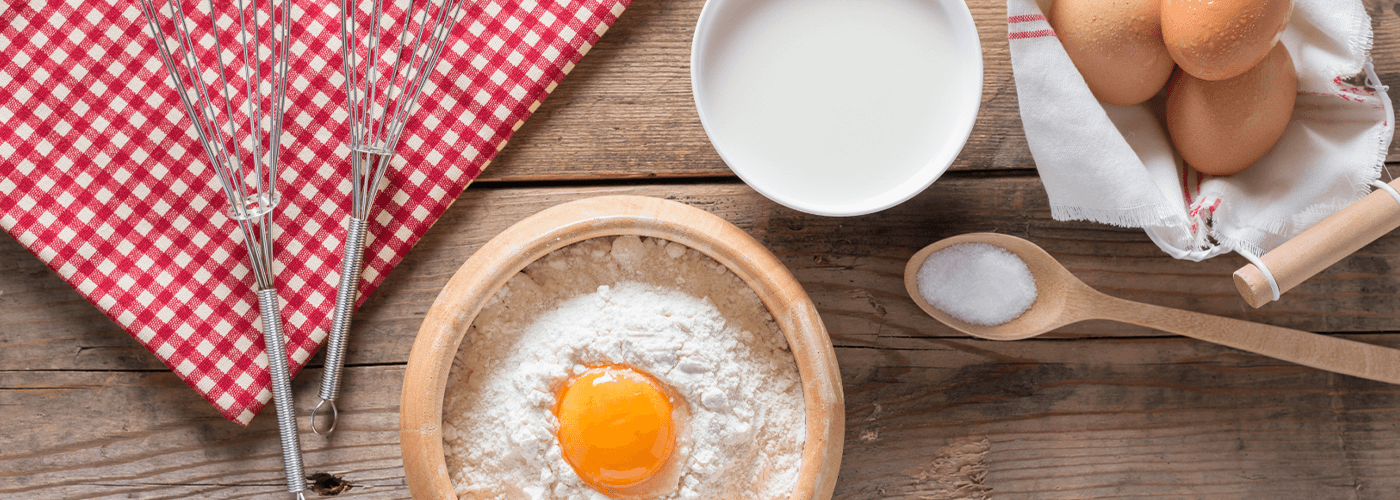
More often than not, large-sized eggs are advised for best baking results. Also, did you know that chicken eggs are widely used in baking owing to their neutral smell and taste as compared to other eggs?
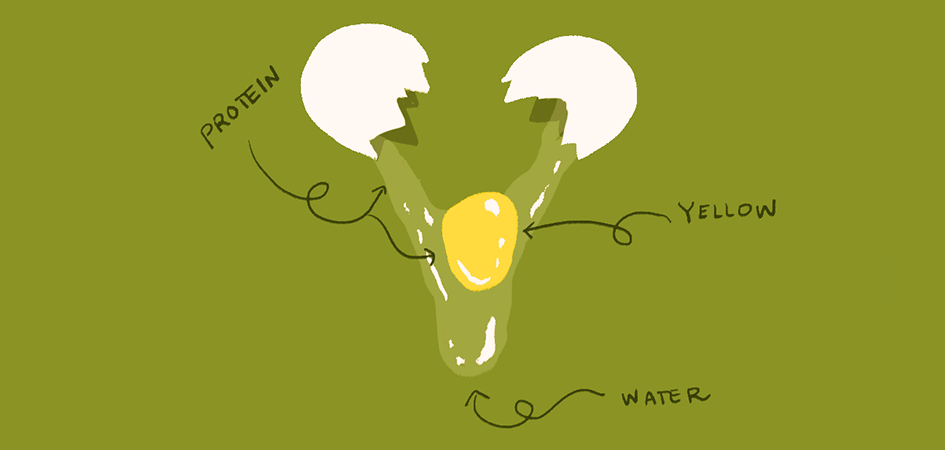
Here are some more facts about baking with eggs!
Egg contains 3 things that play important roles when it comes to your baked goods:
The protein in the eggs forms a covering or layer around the butter covered air bubble which prevents the baked item from cracking
Water is extremely essential for the batter to be moist. Eggs are 70-75% water!
The yellow adds a slight colour and adds to the taste of the baked good!
Eggs-tra points to remember:
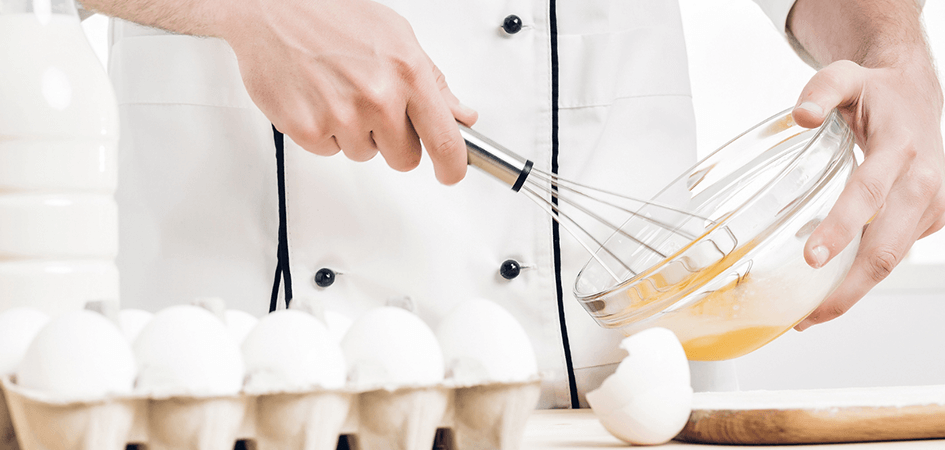
1. When beating up correctly, egg whites become super foamy and bubbly which adds a smooth texture to your batter. You can use this to make your baked item light and airy.
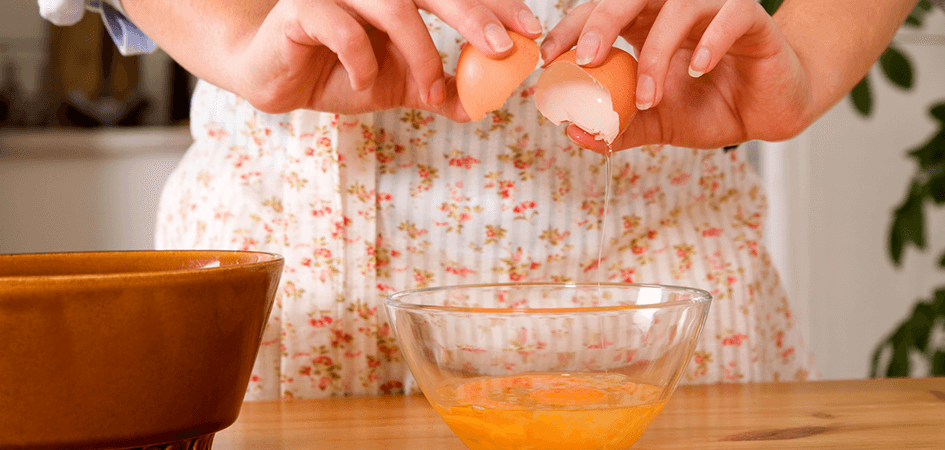
2. Usually, egg yolks (50% water 50% fat) are not used separately in most baked goods but a combination of yolk and whites allows a superb structure to the baked good strengthening the base and ensuring a good firm shape.
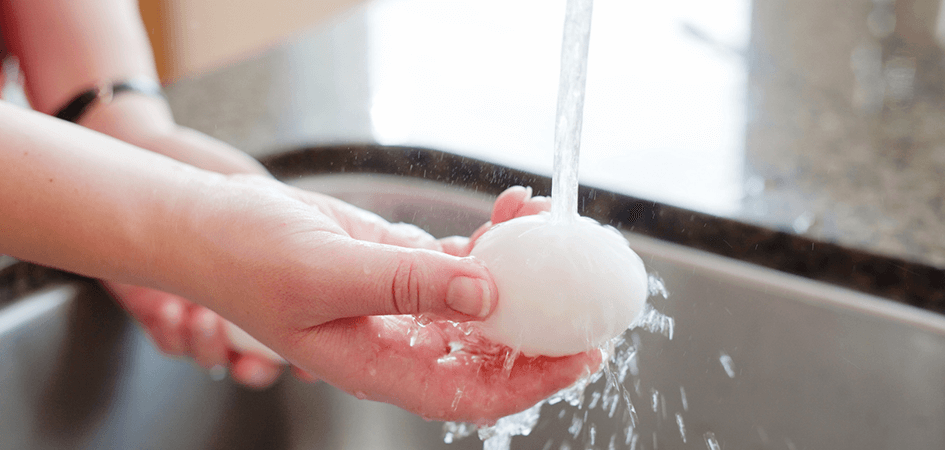
3. Do you know that colour post an egg wash? That's because of the yolk which when used independently adds a lot of density to the product. For eg. mayonnaise.
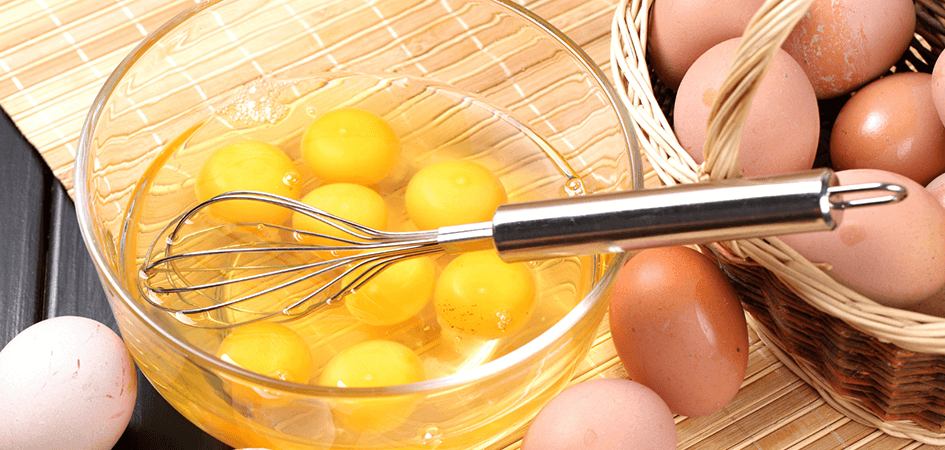
4. It is important to keep the eggs at room temperature before you use them for baking. Cold eggs will not emulsify as easily as warm eggs. If you have a good enough time window, keep the eggs outside the fridge for about 30 minutes.
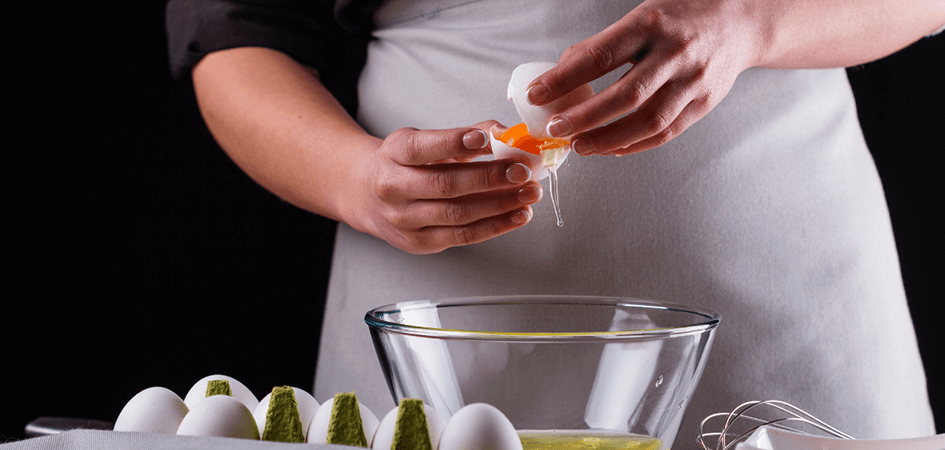
5. Separating the egg yolk from the white is best when the egg is cold!
